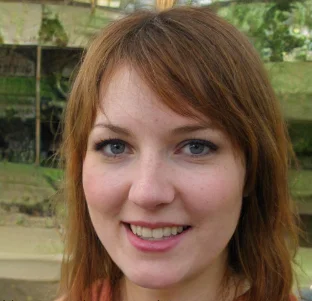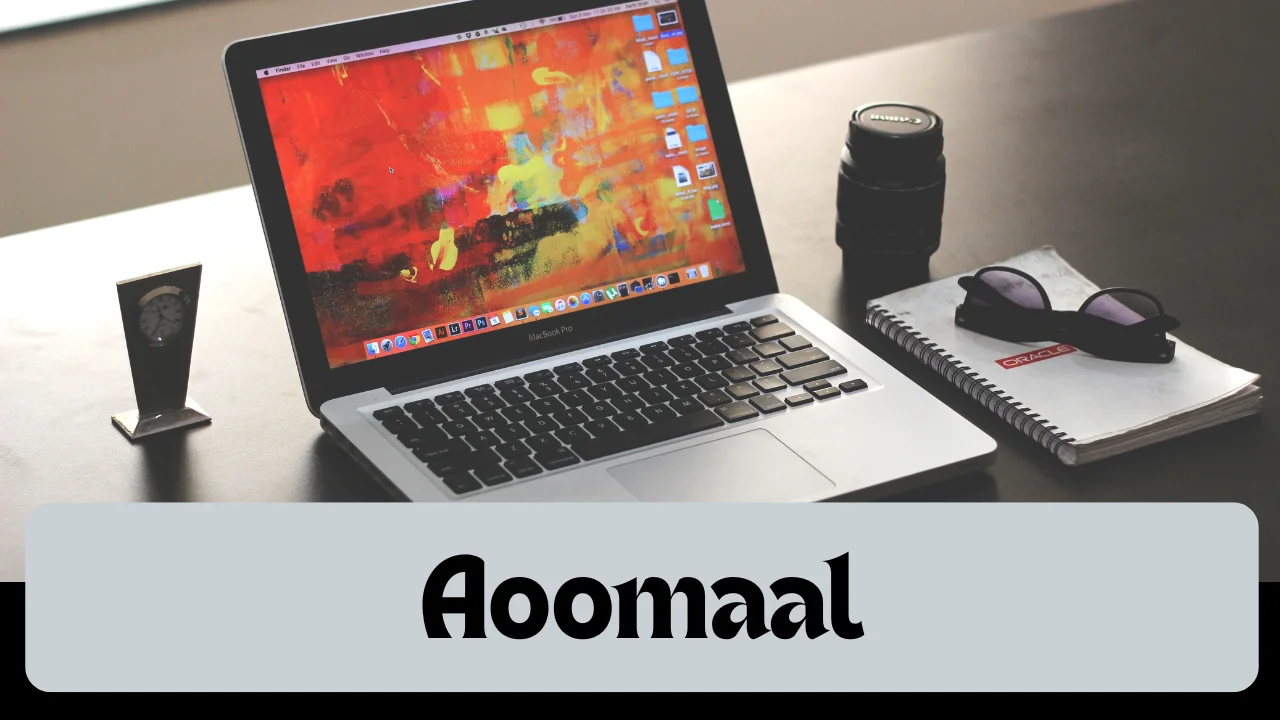The term aoomaal has been used for a long time and is still used today in many different cultural and financial contexts. The spiritual, cultural, and monetary roles it plays in influencing individual and community well-being are reflected in its wide definitions. Aoomaal has always been a symbol of moral, conscientious living, from its origins in spiritual ceremonies to its status in Islamic banking and its cultural relevance in Somali communities. This article delves into the many facets of Aoomaal, highlighting its influence in various domains.
Understanding the Concept of Aoomaal
The term Aoomaal has a wide range of applications and interpretations in many fields. Whether it’s connected to Islamic wealth management or the traditional Somalian cloth, Aoomaal symbolises a set of principles that have guided communities for centuries. Living an ethical life, preserving culture, and developing one’s own potential are its essential tenets.
Aoomaal and Islamic Finance
The Islamic financial system relies heavily on aoomaal, which places an emphasis on honesty, equity, and morality in handling wealth. Aoomaal assists individuals and institutions in harmonising their financial dealings with the ethical principles of Islamic finance, which are based on Sharia law.
The Role of Ethical Investments
An important part of Aoomaal in Islamic finance is making ethical investments. These investments prioritise sourcing their earnings from responsible and ethically acceptable sources, in addition to maximising profit. There is a strict prohibition against engaging in any kind of gambling, speculative trading, or interest-based transactions (riba). To the contrary, Aoomaal advocates for financial backing of projects that improve people’s quality of life.
Zakat and Sadaqah in Wealth Distribution
Aoomaal, within the framework of Islamic finance, advocates for a more equitable distribution of wealth through practices such as the obligatory charity of Zakat and the voluntary charity of Sadaqah. These methods promote social justice by keeping money in the community and away from the pockets of the poor. Specifically, zakat is considered a way to cleanse wealth and improve spiritual health.
Prohibition of Speculative Investments
Speculative investments, which are fraught with danger and uncertainty, are forbidden by Aoomaal. This principle promotes honesty and fairness in financial transactions, protecting all parties from potential harm. An equitable distribution of gains and losses is achieved through Aoomaal’s emphasis on risk-sharing, which creates a stable financial climate.
Aoomaal and Sustainable Economic Growth
Promoting long-term economic expansion is one of the main tenets of Aoomaal, an Islamic financial framework. Ethical and sustainable economic development is something Aoomaal strives for through its emphasis on responsible investing, financial inclusion, and ethical business practices. In impoverished areas, where access to capital can promote development and enhance livelihoods, this strategy takes on added significance.
Cultural Significance of Aoomaal in Somalia
Aoomaal is not just a word for money in Somalia; it has profound cultural meaning, especially in relation to the traditional women’s attire. Rather than being mere clothing, these vibrant textiles serve as symbols of class, history, and identity.
Aoomaal Cloth and Social Status
Wearing oomaal cloth during religious and social celebrations is a way for women to show off their family’s heritage and social status. Craftsmanship of a one-of-a-kind style has been preserved through the years in the fabric’s elaborate designs and vivid colours. Aoomaal are a visible symbol of social identity and a way to show pride in one’s cultural heritage.
Religious and Social Celebrations
In Somali social and religious festivities, especially weddings and festivals, aoomaal is a must-have. This fabric is an integral aspect of the elaborate ceremonies that unite communities and families in honouring heritage, continuity, and unity. At these get-togethers, women can proudly display their Aoomaal, highlighting its significance in communal life.
Aoomaal as a Symbol of Heritage
Aoomaal serves as a physical connection to the past for a large number of Somali women. As a symbol of continuity and cultural value preservation, the fabric is frequently passed down from one generation to the next. The preservation of traditional practices in an ever-changing world is guaranteed through the transmission of Aoomaal cloth from one generation to the next.
Cultural Adaptations in the Modern World
Even though Aoomaal is still associated with the past, it has also changed to reflect current tastes in clothing. An increasing number of designers are bringing Aoomaal into modern clothing designs, creating a fusion of old and new that speaks to both traditions and modernity. Somali women are able to embrace new trends while preserving their cultural identity through this fusion of styles.
Spiritual Practices Associated with Aoomaal
In addition to its cultural and financial associations, Aoomaal is associated with spiritual practices that place an emphasis on introspection, self-improvement, and harmony with higher powers. Individuals are given a framework by these practices to attain spiritual fulfilment and inner peace.
Mindfulness and Self-Awareness
Mindfulness and self-awareness are two qualities that Aoomaal advocates for. People can attain a state of spiritual balance by living in the now and paying attention to their thoughts, feelings, and deeds. This kind of awareness goes beyond just taking care of oneself; it also helps people feel more connected to their local community.
Rituals for Spiritual Growth
Some Aoomaal rites aim to bring about spiritual enlightenment and harmony. Some examples of these practices are meditation, acts of kindness, and prayer. These observances help people find their bearings in life and bring their deeds into harmony with their spiritual convictions.
Aoomaal and Personal Well-Being
In the context of Aoomaal, one’s personal well-being is closely related to their spiritual alignment. An individual can attain a balanced and satisfying life by practicing mindfulness, engaging in charitable activities, and adhering to ethical principles. With Aoomaal, you can take care of your mental, emotional, and spiritual health in addition to your financial success.
Connecting with Divine Forces
Aoomaal is believed by many to be a means of communicating with the heavenly powers that help them navigate life’s challenges. Individuals strive to harmonise their deeds with these energies because they think they impact communal and personal well-being. A sense of belonging, purpose, and solace is bestowed by this spiritual bond.
Aoomaal and Social Justice
Social justice is an inevitable byproduct of Aoomaal’s focus on moral living and equitable distribution of wealth. It promotes equity, justice, and the upliftment of society’s downtrodden.
Supporting Underprivileged Communities
Redistribution of wealth to help poor communities is something Aoomaal advocates for. Institutions and individuals are encouraged to distribute their wealth to the less fortunate through practices like Sadaqah and Zakat, which contribute to the alleviation of poverty and inequality.
Promoting Fair Trade and Ethical Business
In the corporate sphere, Aoomaal advocates for honest and fair trade. Paying a living wage, providing a safe workplace, and encouraging environmentally responsible practices are all part of this. An economy that is more just and equitable can be built with Aoomaal’s emphasis on fairness.
Aoomaal as a Tool for Empowerment
By using Aoomaal, people are able to take charge of their own spiritual and financial health. An individual’s life and the lives of those around them can be greatly enhanced by practicing mindfulness and living in accordance with ethical principles. The revolutionary potential of Aoomaal rests on this empowerment.
FAQs
1. What is Aoomaal in Islamic finance?
Aoomaal refers to ethical wealth management in compliance with Sharia law, focusing on fair transactions, responsible investments, and wealth distribution through Zakat and Sadaqah.
2. What is the cultural significance of Aoomaal in Somalia?
In Somali culture, Aoomaal is a traditional cloth symbolizing social status, heritage, and identity, often worn during religious and social celebrations.
3. How does Aoomaal promote spiritual growth?
Aoomaal encourages mindfulness, self-awareness, and alignment with spiritual principles, promoting personal and communal well-being through ethical practices and rituals.
4. What role does Aoomaal play in wealth distribution?
Aoomaal supports wealth redistribution through mechanisms like Zakat and Sadaqah, ensuring that wealth circulates within communities and helps those in need.
5. How does Aoomaal contribute to sustainable economic growth?
By promoting ethical investments, fair trade, and financial inclusion, Aoomaal fosters sustainable economic growth, particularly in underdeveloped regions.
Also Read: https://sumosearchplus.com/u231748506/
Conclusion
Aoomaal’s adaptability to modern times is a result of its ability to unite cultural, spiritual, and financial practices in ways that promote individual development, responsible wealth management, and equality for all. It is an invaluable framework for communities and individuals due to its focus on fair economic systems, cultural preservation, and mindful living.

Jennifer Forster is a skilled writer at Explainervilla.com, where she covers a wide range of topics such as technology, lifestyle, and culture. Her work emphasizes how contemporary trends intersect with traditional values, breaking down complex innovations and sustainability initiatives into easy-to-understand insights.
